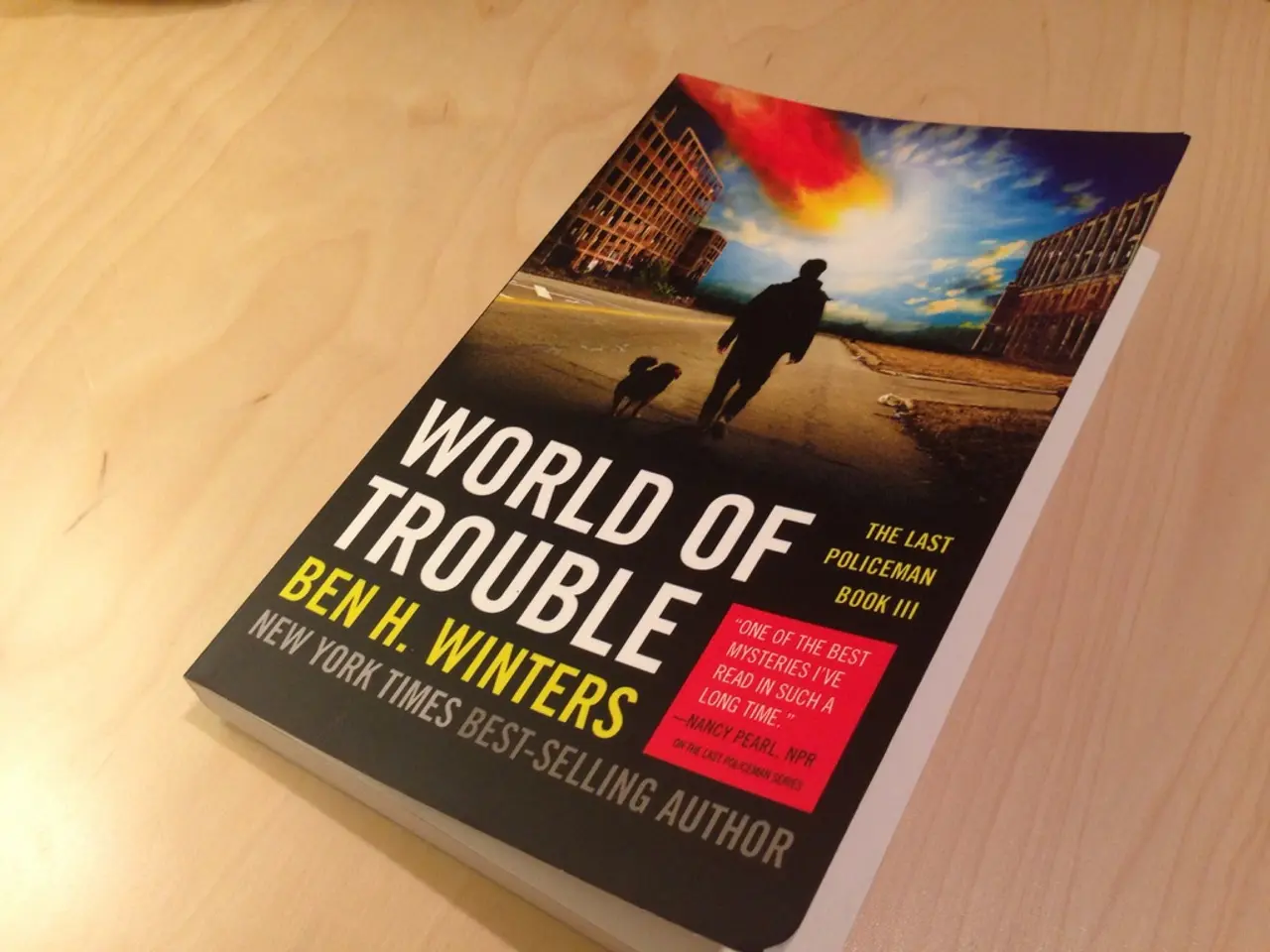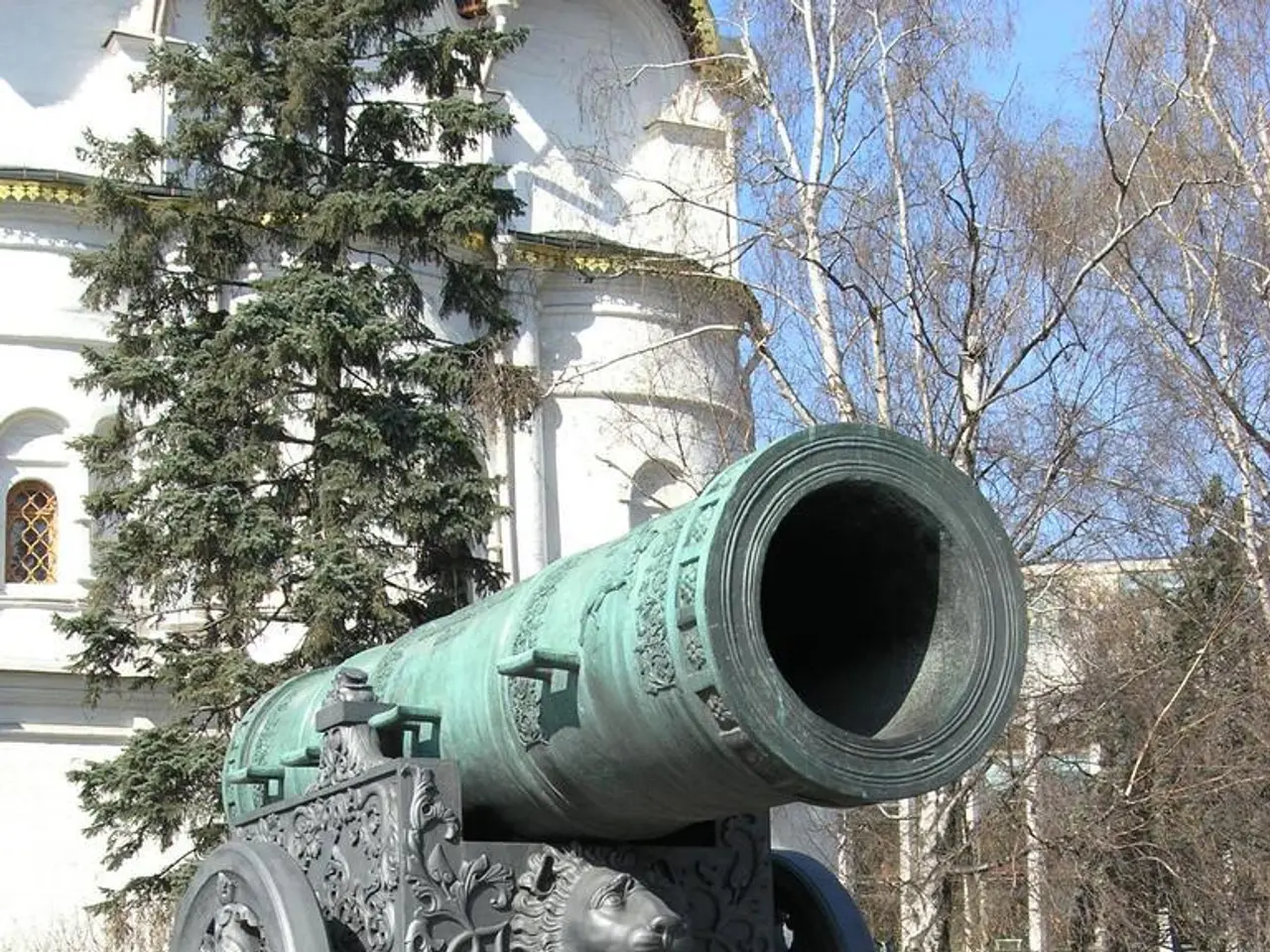Restrictions on Unchecked Admissions from Safe Nations
In a significant development, the European Court of Justice (ECJ) has issued a ruling that sets new legal limitations for EU member states in their approach to asylum fast-tracking. The ruling, which challenges practices like Italy’s "Albania model," aims to expand migrant protections and curb state discretion in this area.
The ECJ ruling establishes that EU member states cannot designate a country as a "safe country of origin" for asylum fast-tracking unless the entire population of that country is protected, meaning protection must be guaranteed for all groups within its population. This effectively restricts the ability of member states to produce broad national lists of safe countries, preventing accelerated rejection of asylum claims based solely on nationality unless the designation is fully justified with transparent, public evidence and is subject to effective judicial review.
The judgment, which has far-reaching implications, clarifies that no country can be labeled "safe" if certain groups within its population face persecution or lack protection. This ruling effectively puts an end to blanket classifications used to expedite asylum procedures.
Moreover, the ECJ stipulates that designations of safe countries must be made by legislative acts that can be challenged in court, ensuring the procedural safeguards and transparency required by EU law. Furthermore, the information underpinning the safe country list must be accessible to asylum applicants and courts to enable meaningful judicial scrutiny.
This ruling comes as a blow to Italian Prime Minister Giorgia Meloni, who has criticized the ECJ ruling, stating it restricts the already limited room for maneuver of governments. Meloni argues that the decision weakens the policy of combating illegal mass immigration and protecting national borders.
However, the ECJ ruling also challenges the human rights-violating construct of outsourcing asylum procedures to third countries, such as Albania, which has been a contentious issue in Italy. The failure of such practices, as demonstrated by the short-lived Albanian camps, is becoming increasingly apparent.
Meloni has also claimed that courts, in this case the European Court of Justice, are interfering unduly in political matters, and that the justice system is claiming competencies "that do not belong to it." However, the rule-of-law procedure to determine the protection status of refugees can only take place within the European legal order, not through outsides to third countries.
In a notable incident, the camps in Albania were only in operation for five days, and all 20 people detained were released within a few hours. This incident underscores the need for rigorous, evidence-based, and fully reviewable safe country designations, as demanded by the ECJ ruling.
In conclusion, the ECJ ruling raises legal limitations for EU member states by demanding rigorous, evidence-based, and fully reviewable safe country designations, thereby expanding migrant protections and limiting state discretion in asylum fast-tracking. This ruling is a significant step towards ensuring the protection of refugees' rights within the European Union.
- The ECJ ruling not only restricts the ability of member states like Italy to produce broad national lists of safe countries, but also stipulates that designations of safe countries must be made by legislative acts that can be challenged in court, ensuring procedural safeguards and transparency.
- The failure of human rights-violating constructs, such as outsourcing asylum procedures to third countries like Albania, is becoming increasingly apparent, as demonstrated by the short-lived Albanian camps.
- The ECJ ruling, which establishes that a country can only be labeled "safe" if it guarantees protection for all groups within its population, effectively puts an end to blanket classifications used to expedite asylum procedures, setting new limits for EU war-and-conflicts, politics, policy-and-legislation, crime-and-justice, and general-news.








